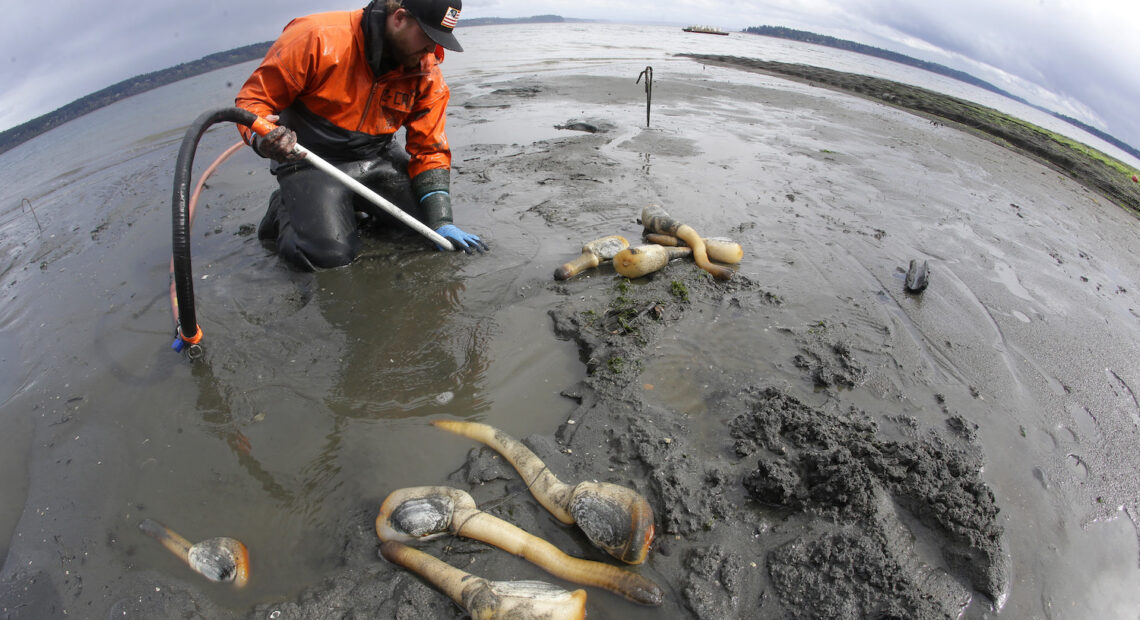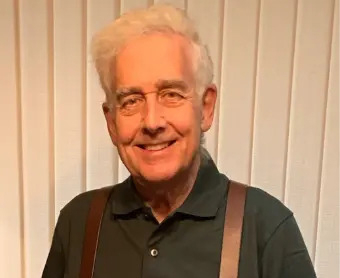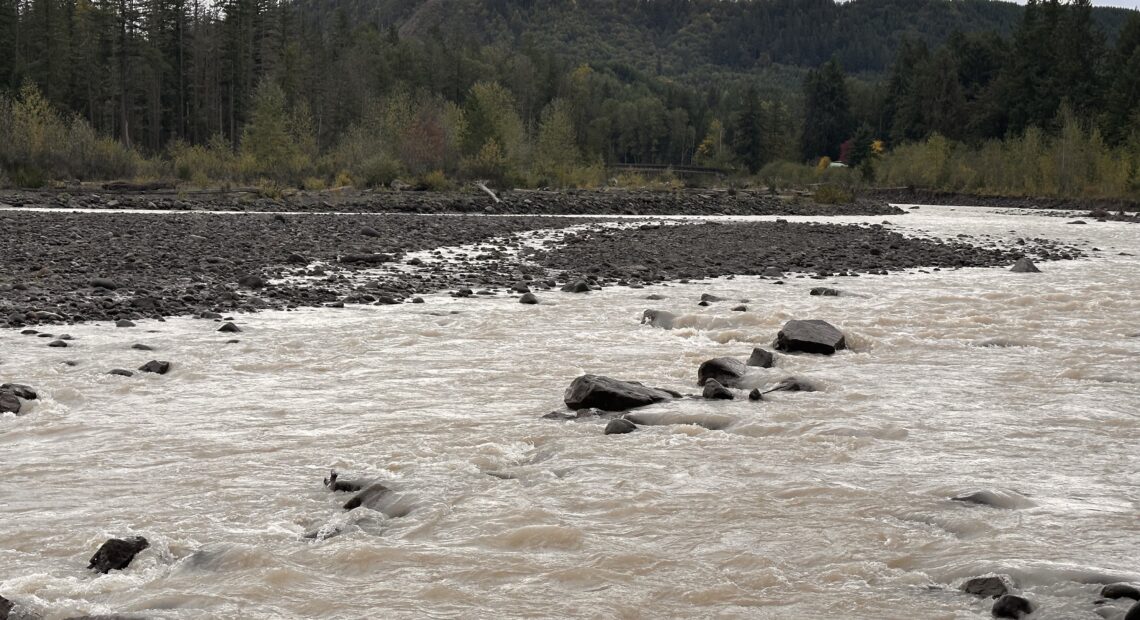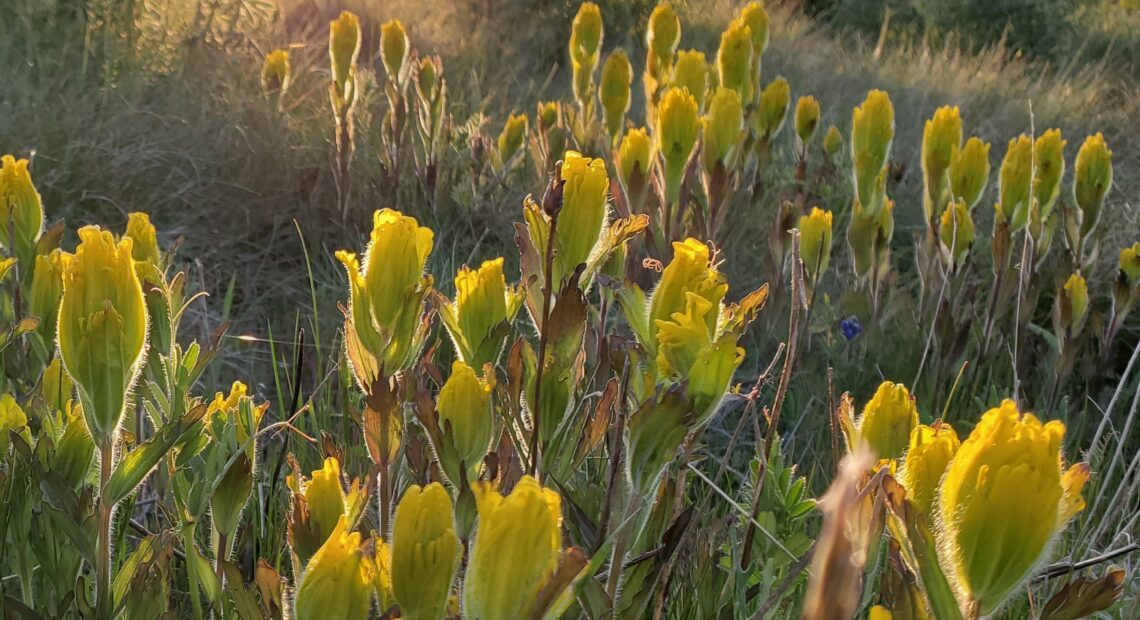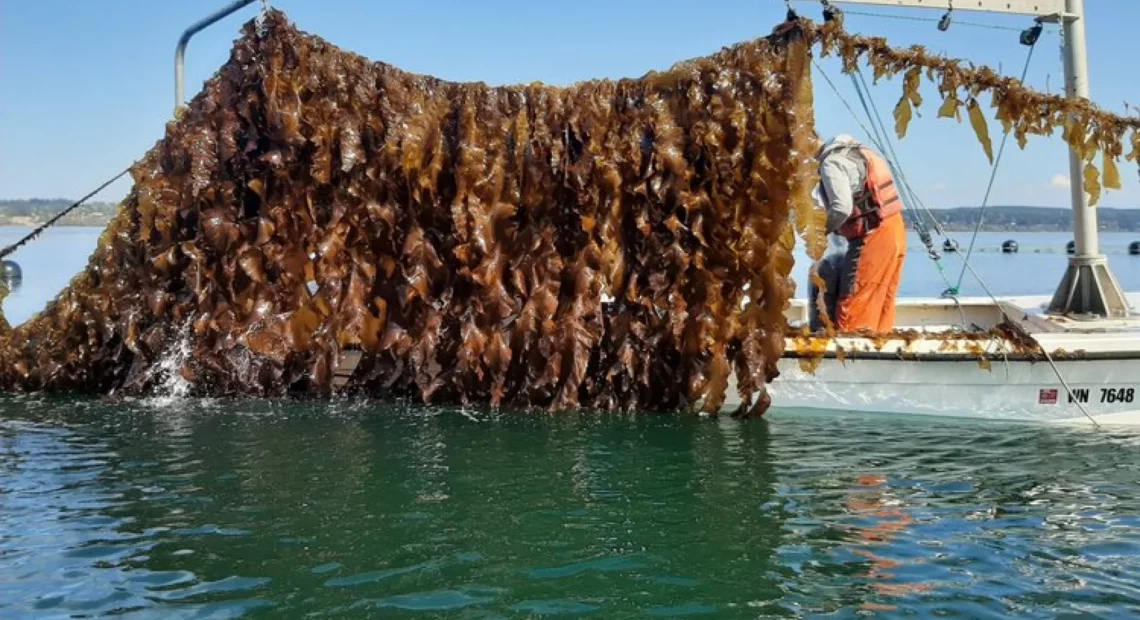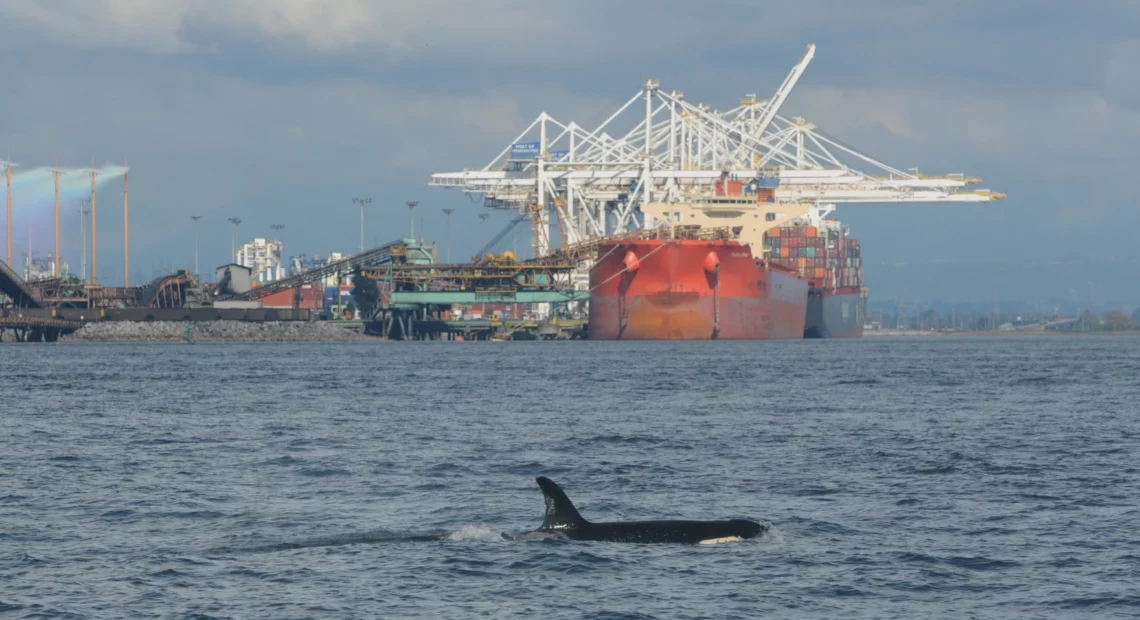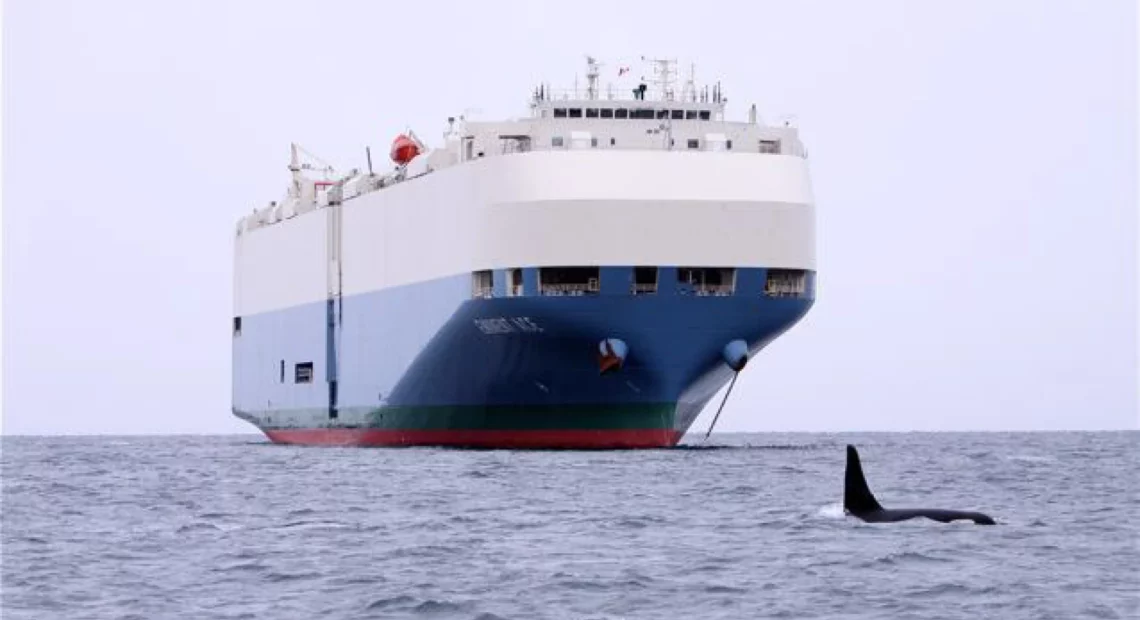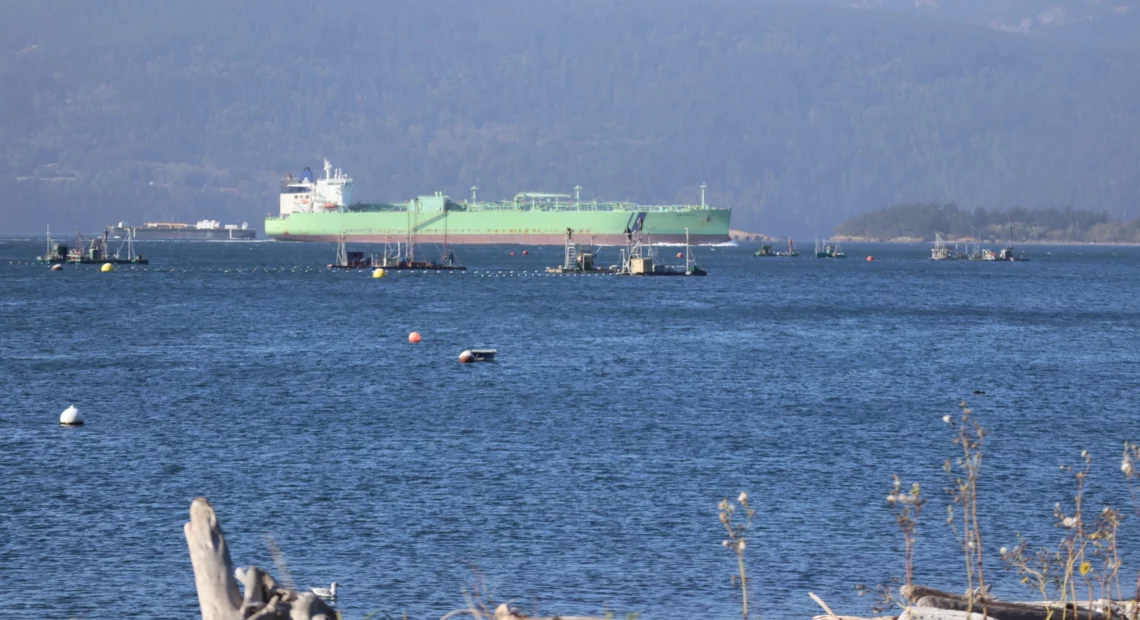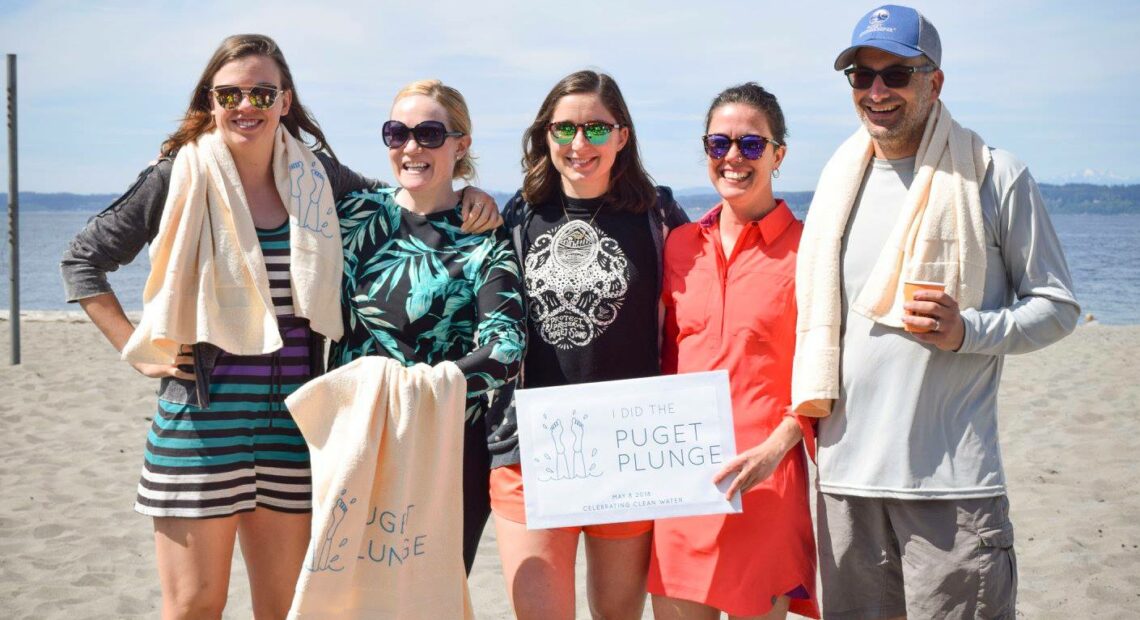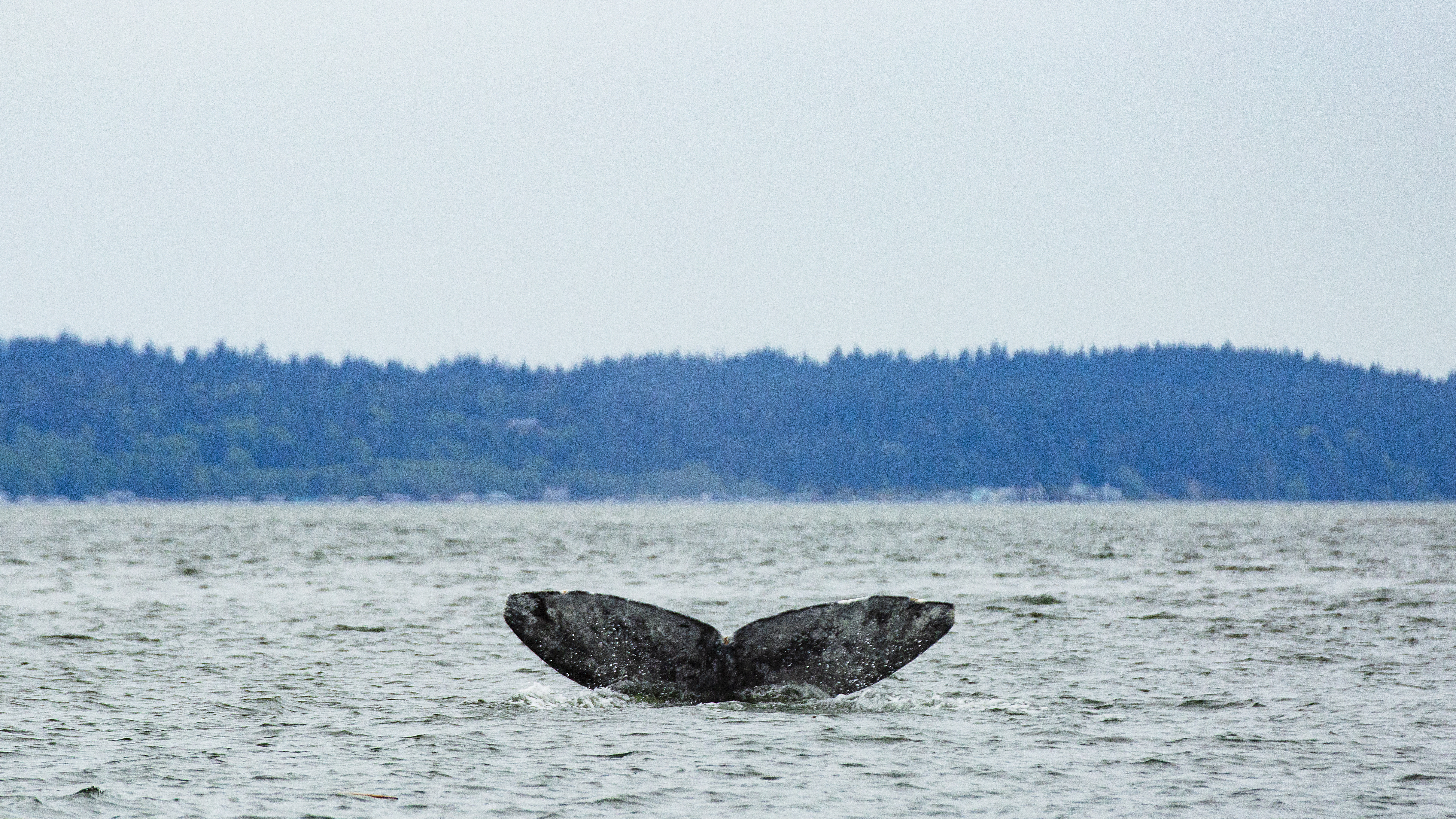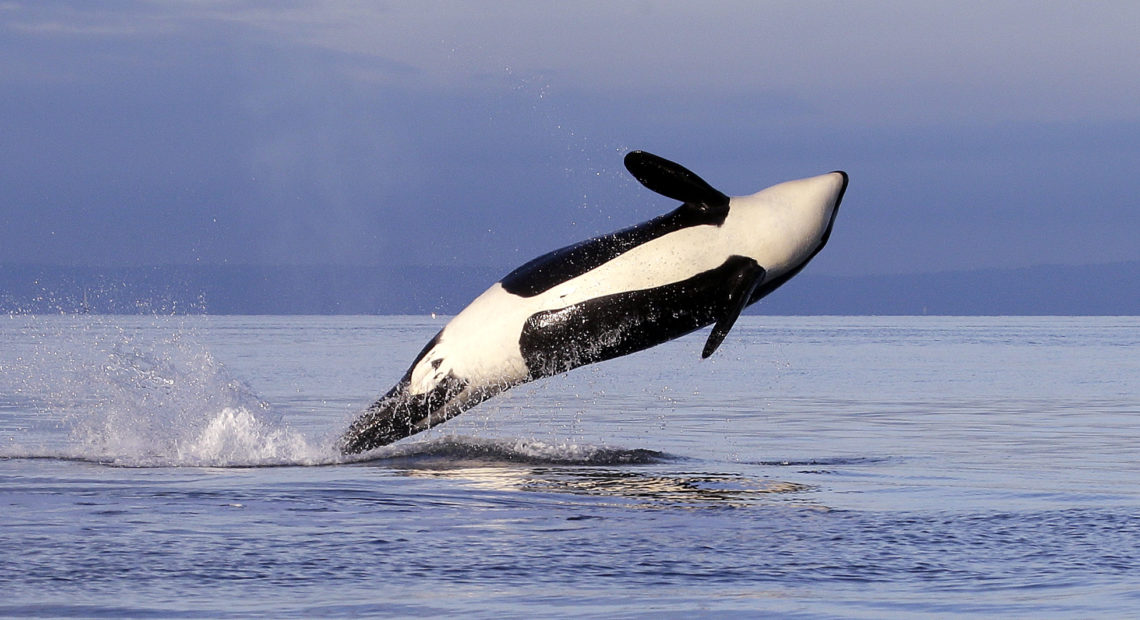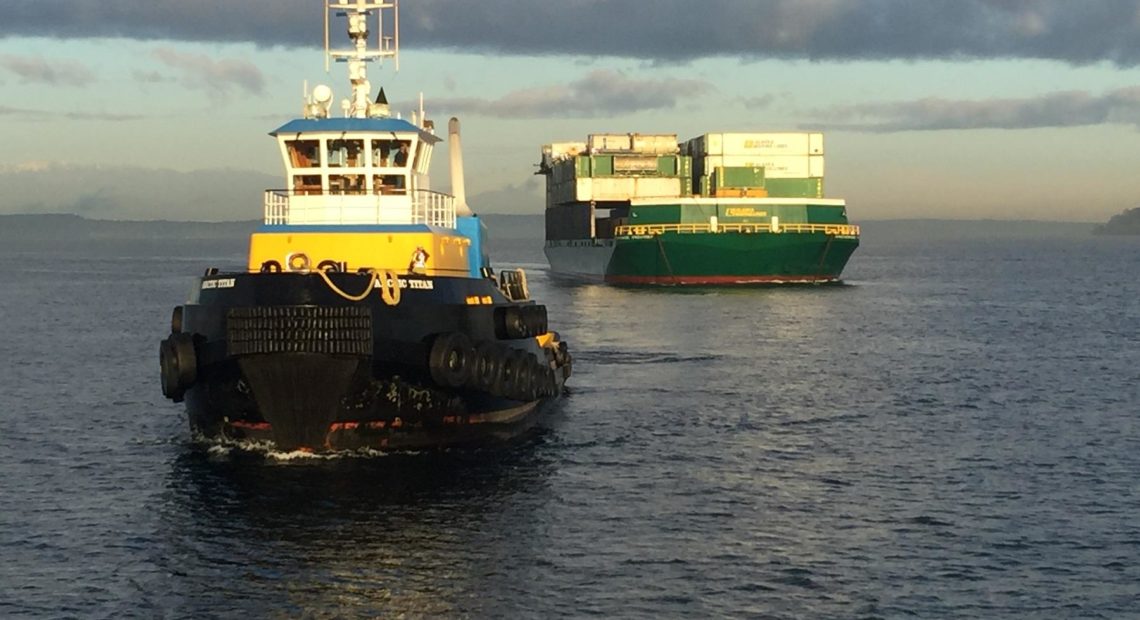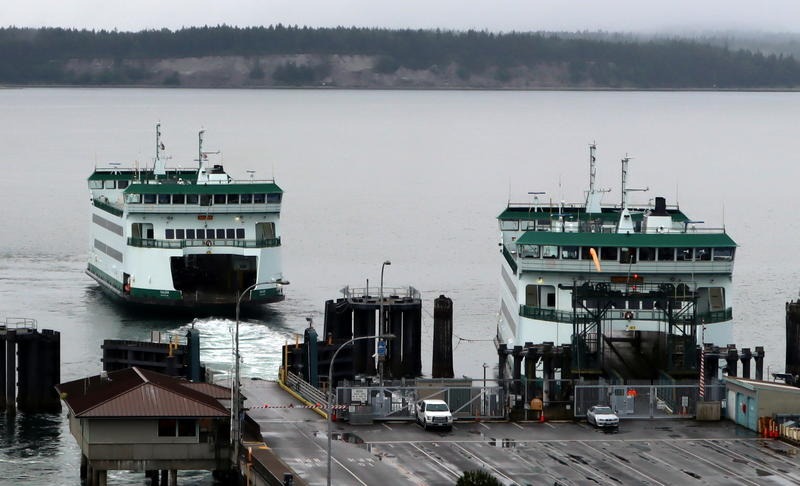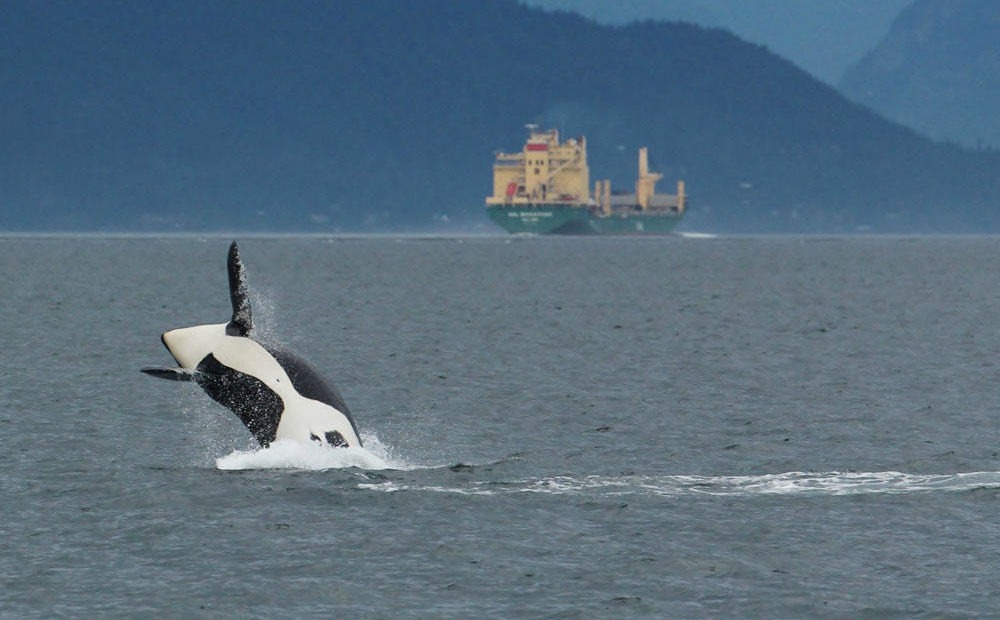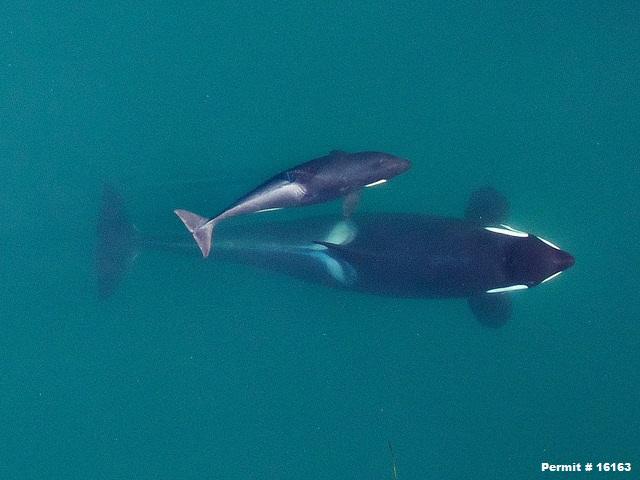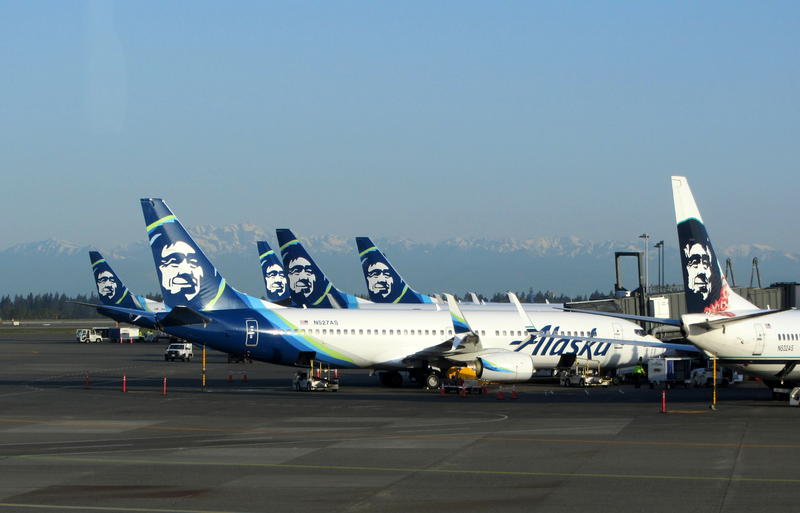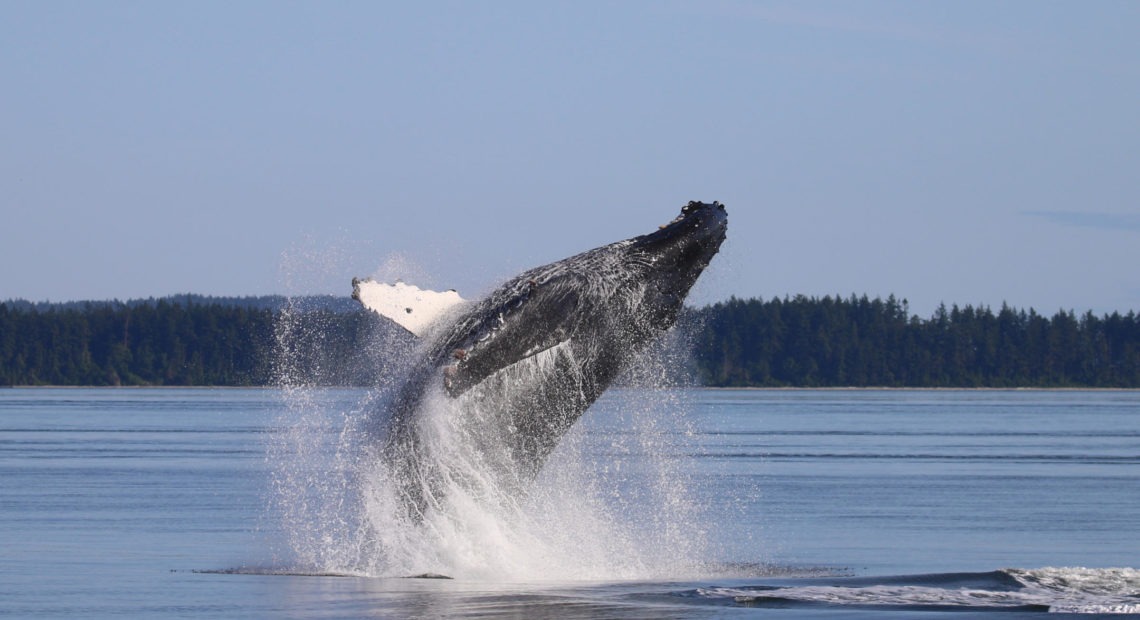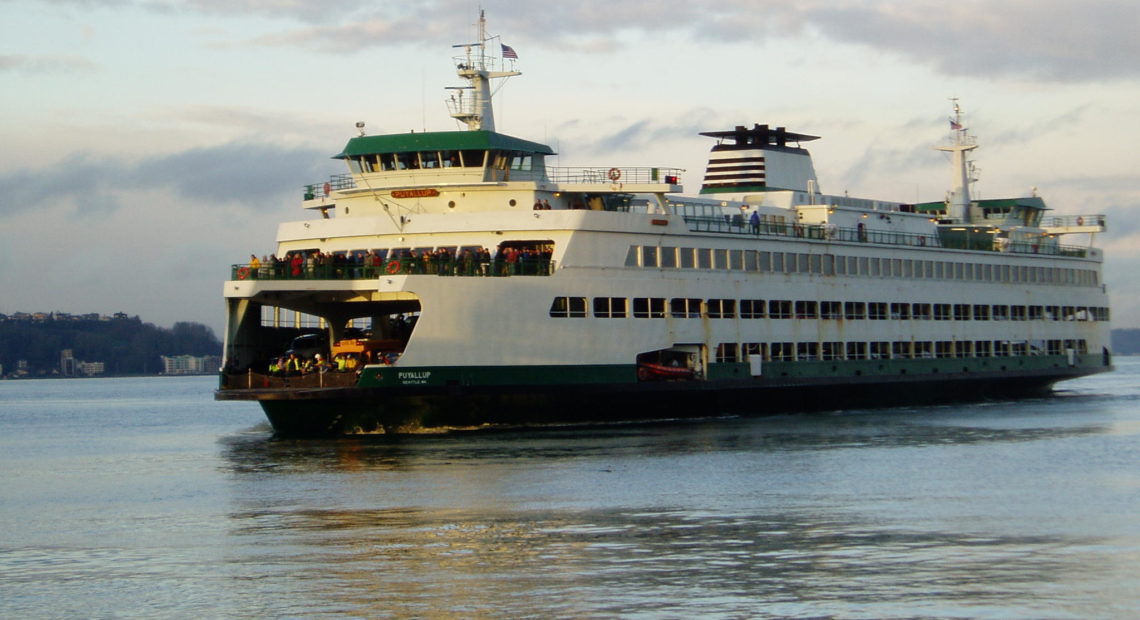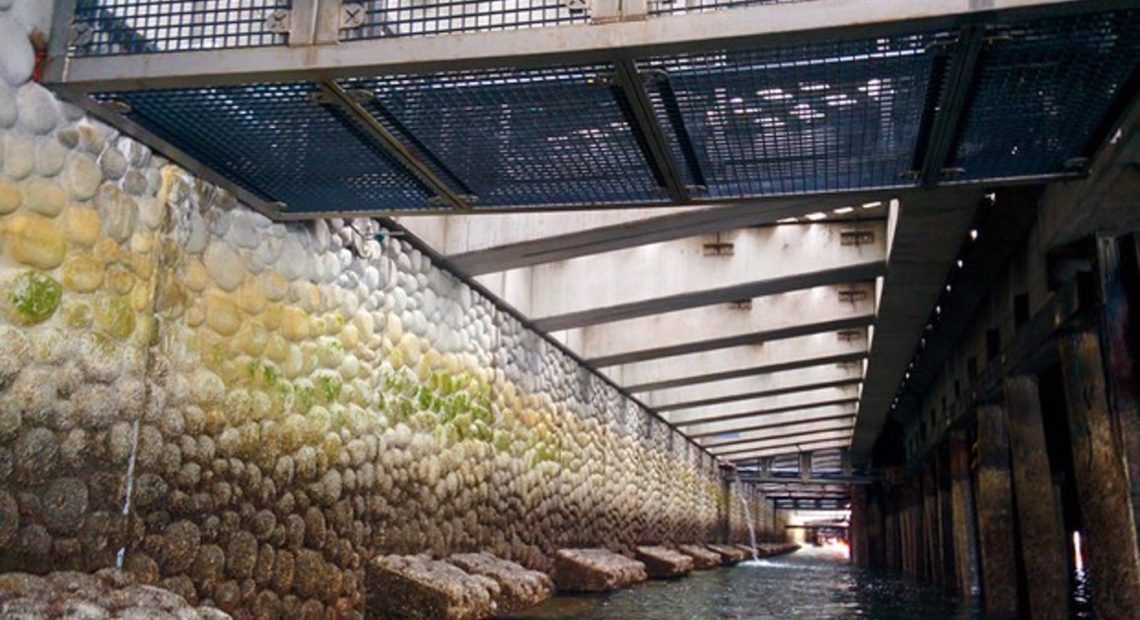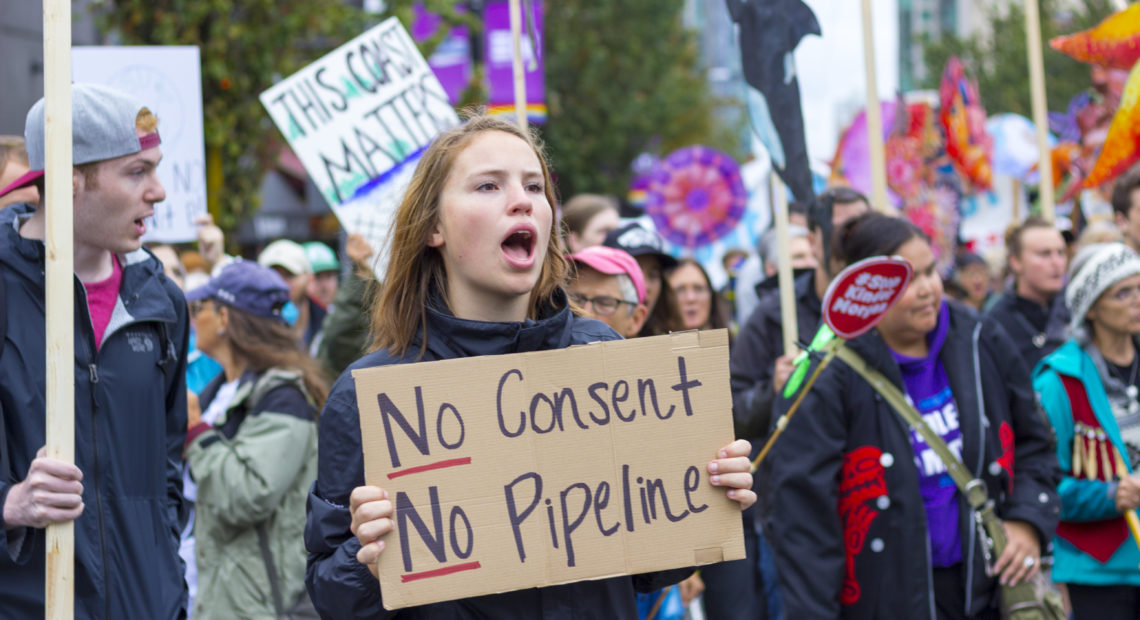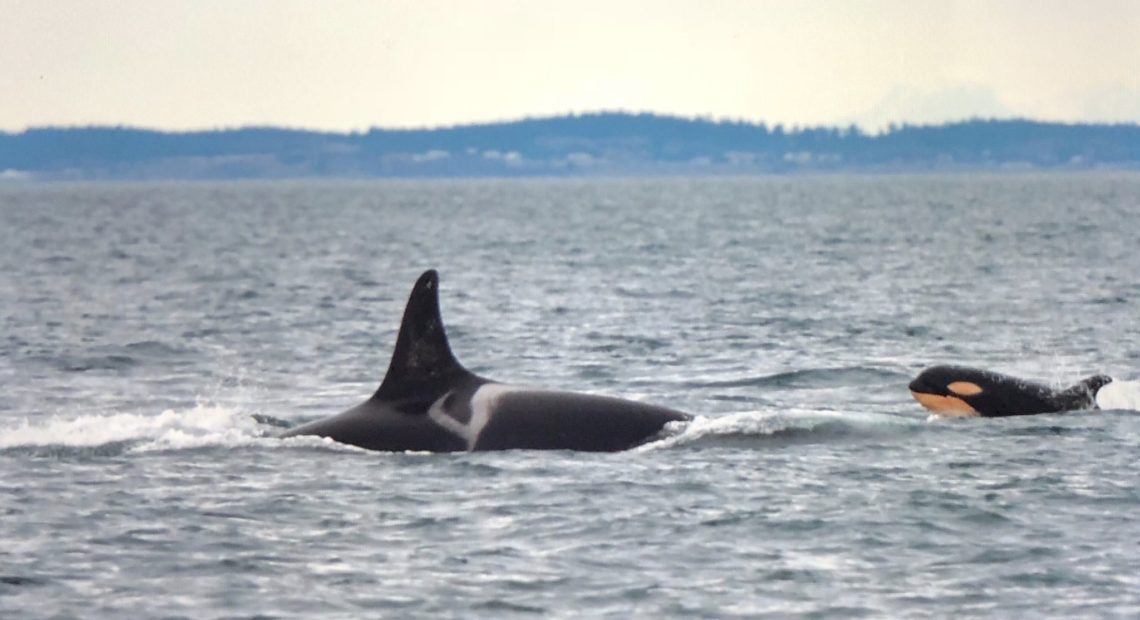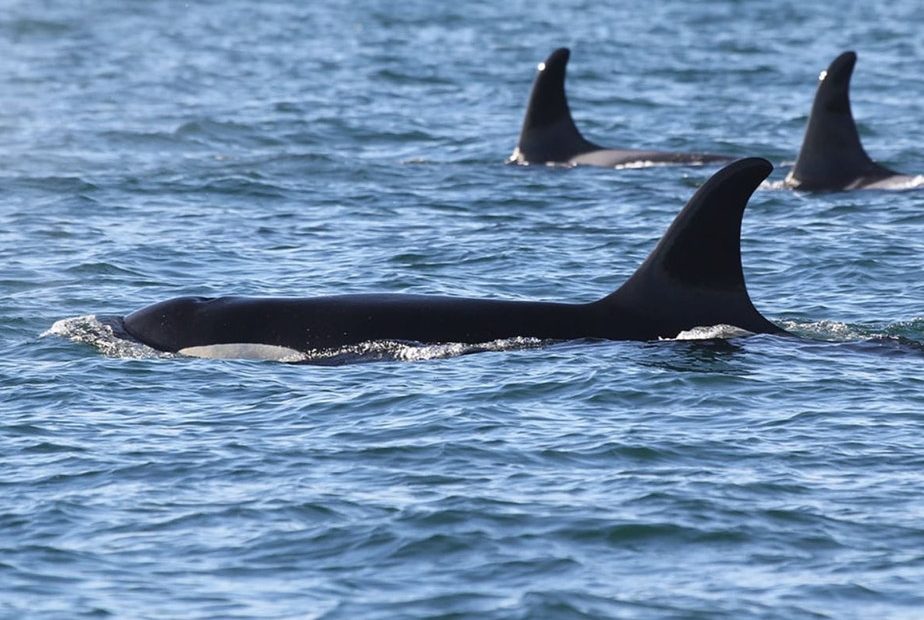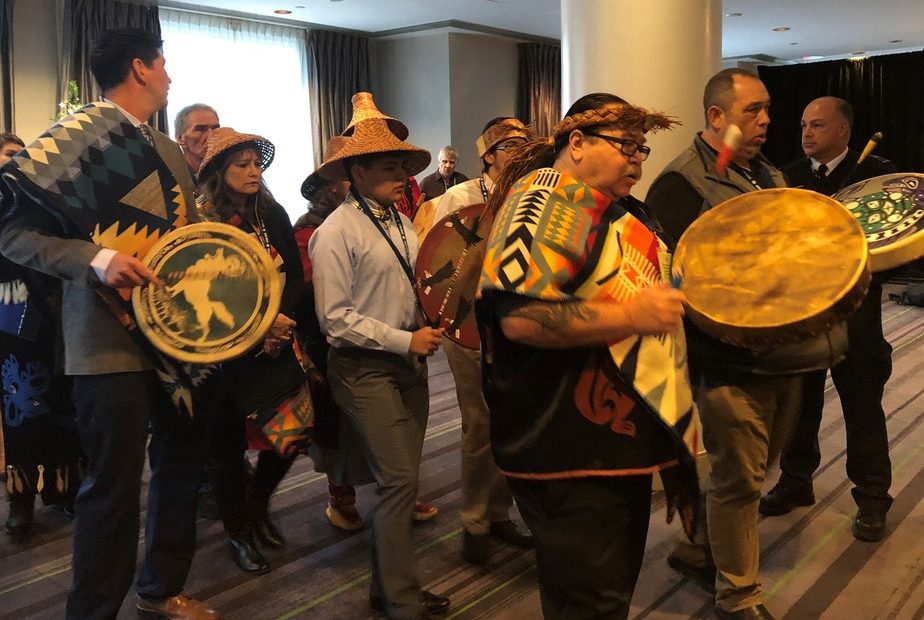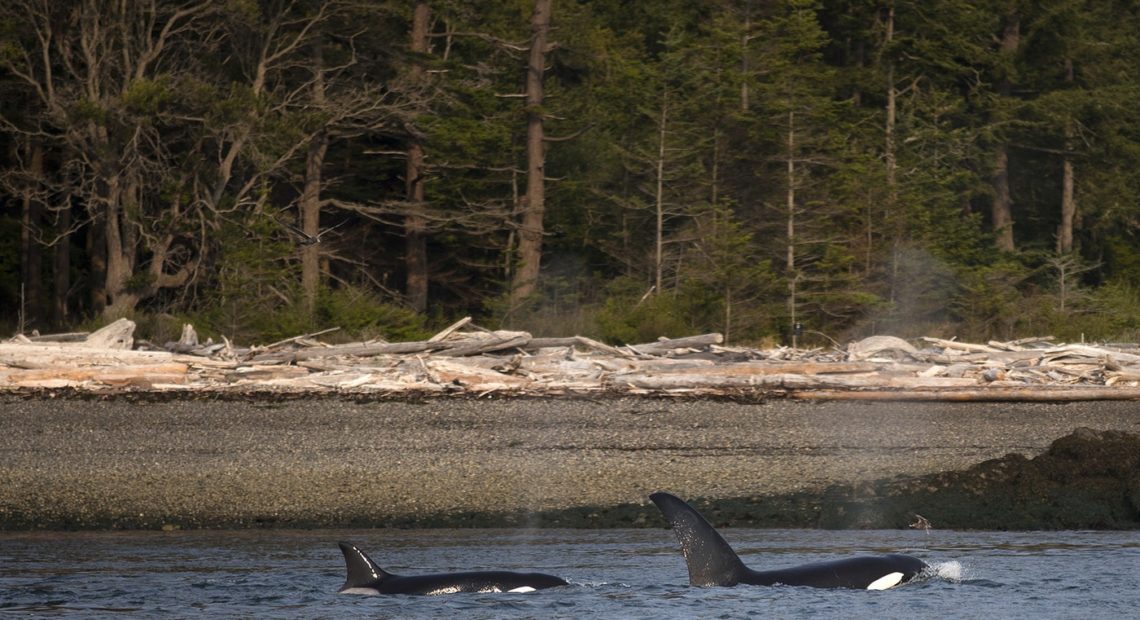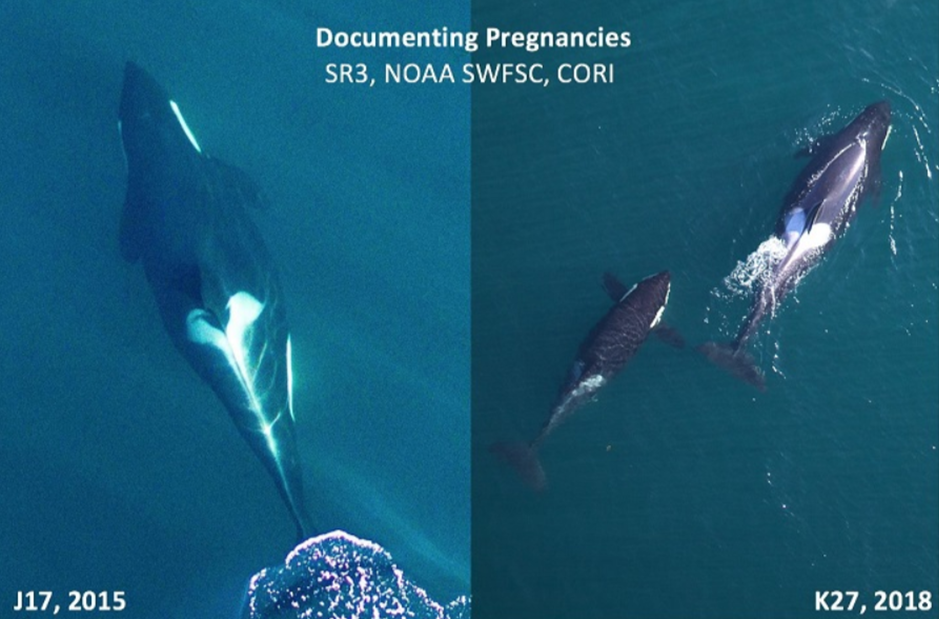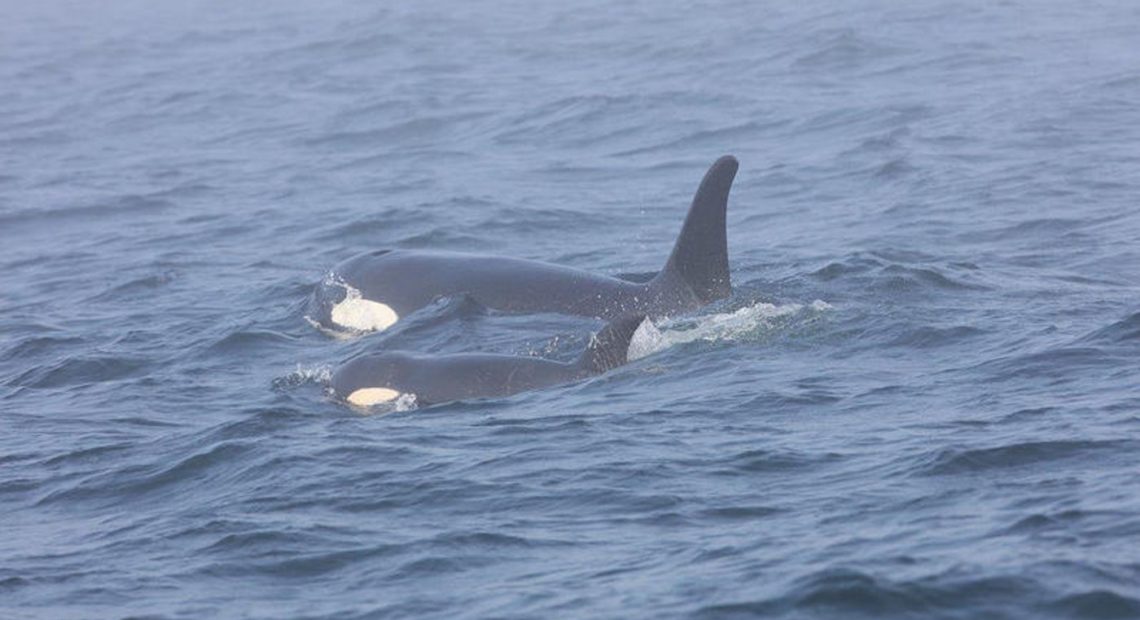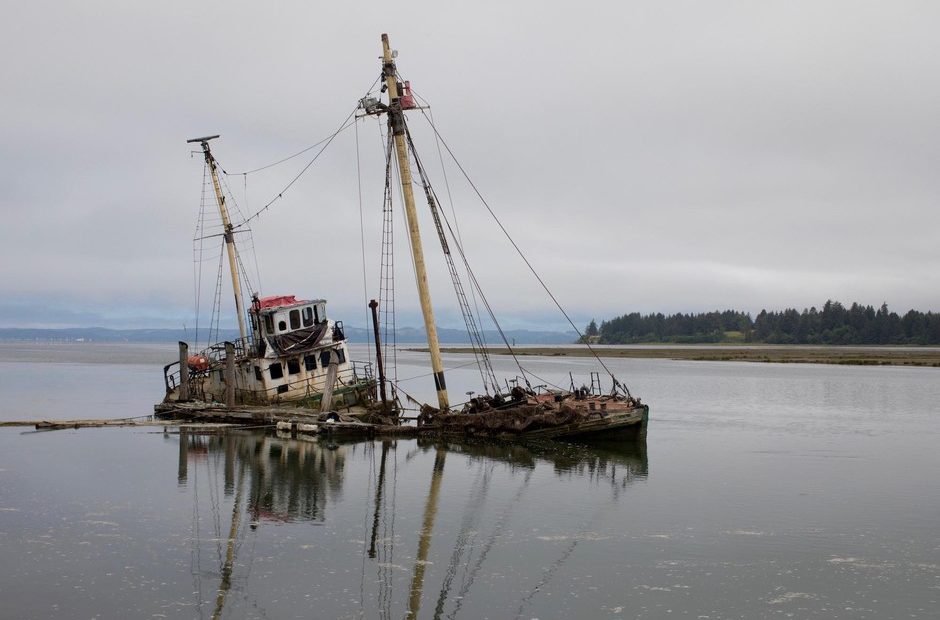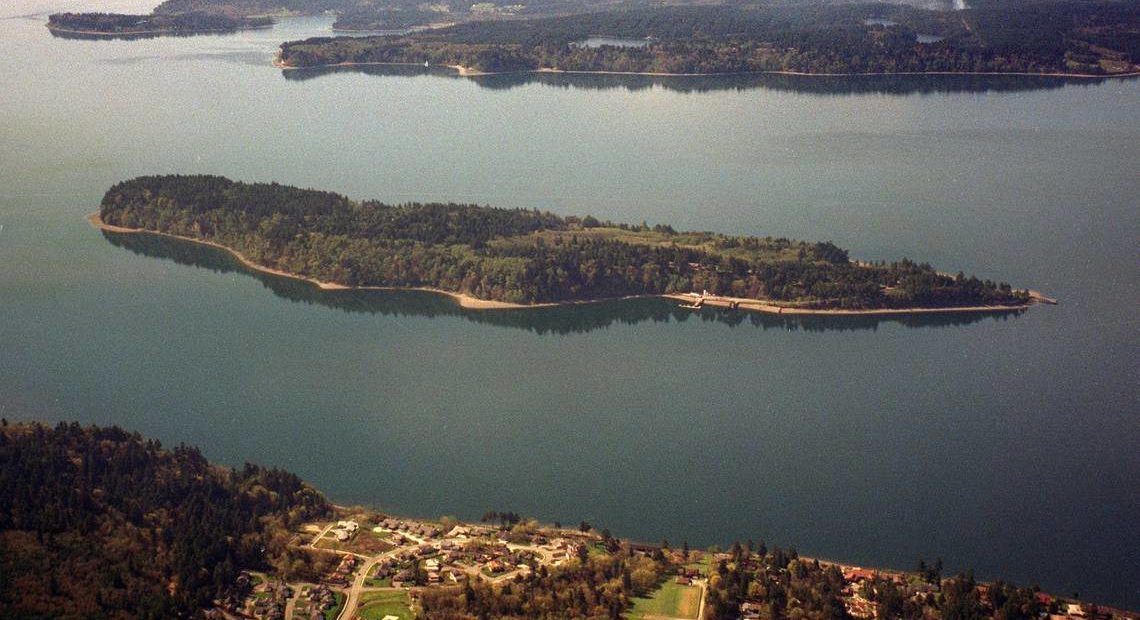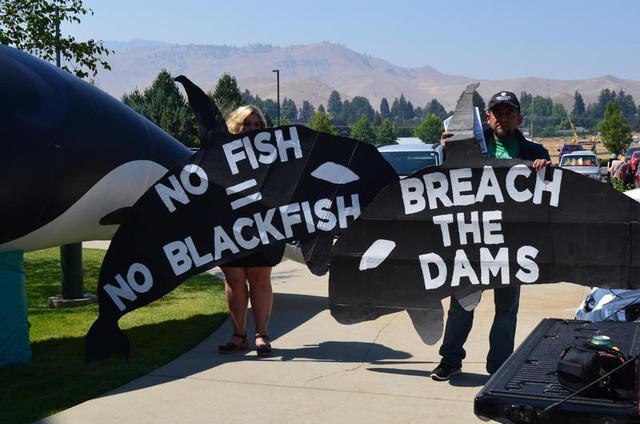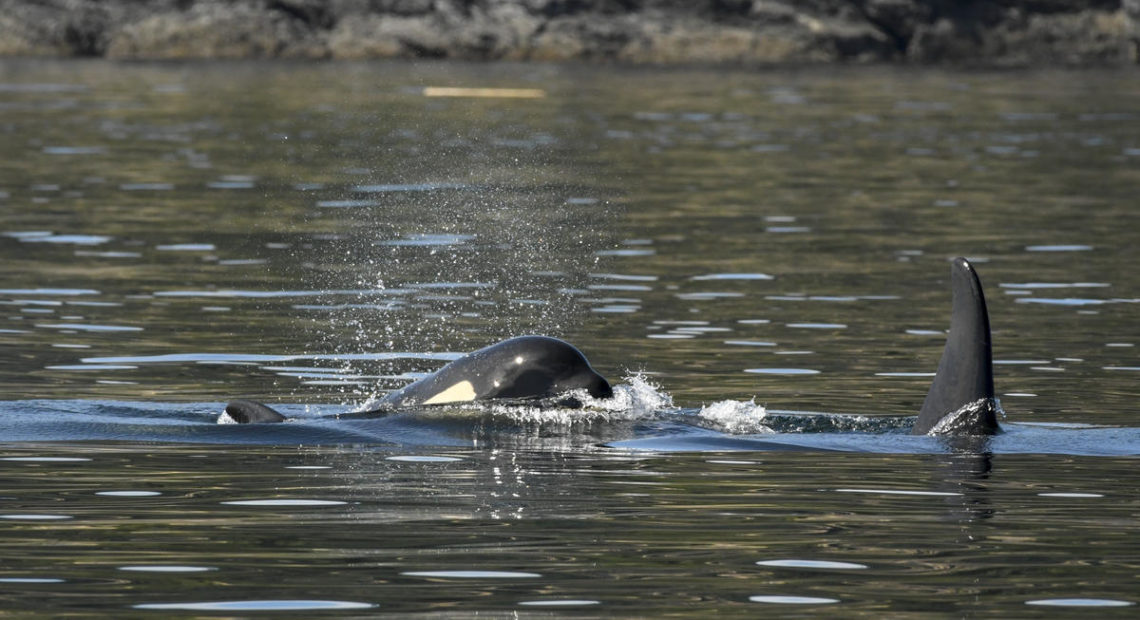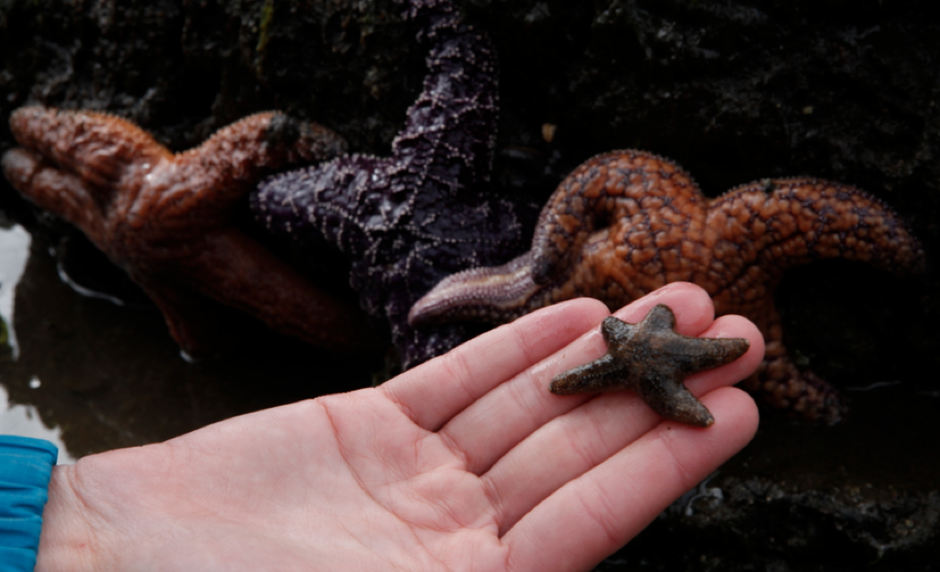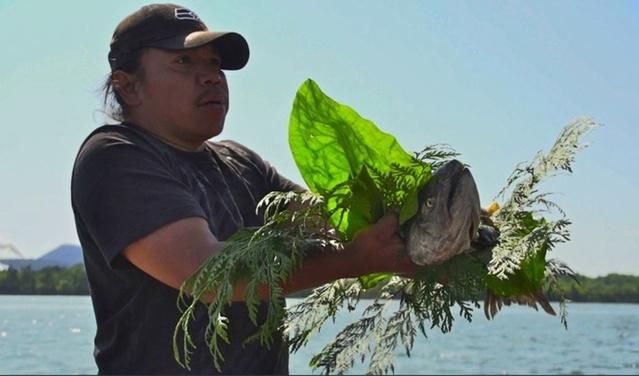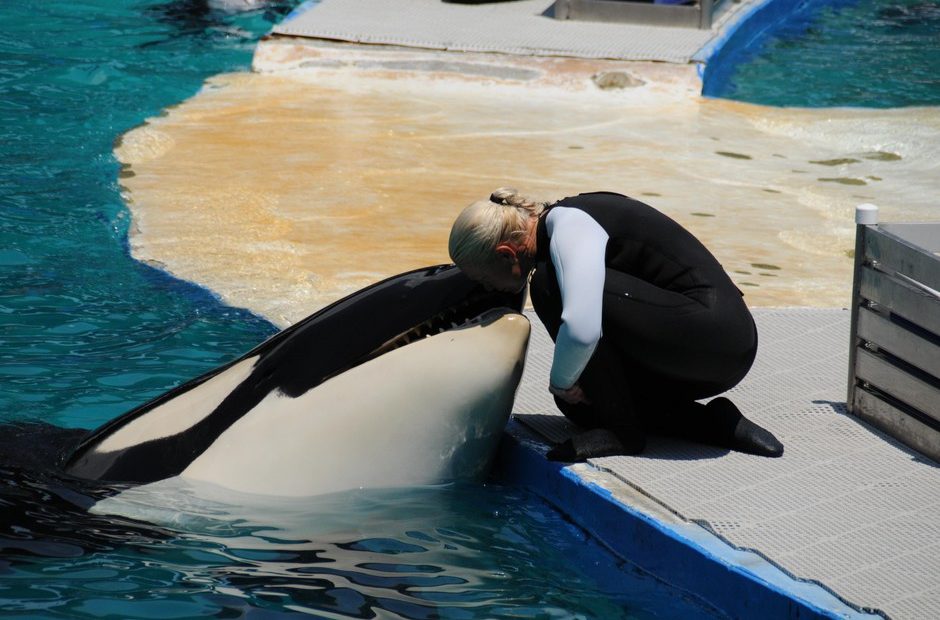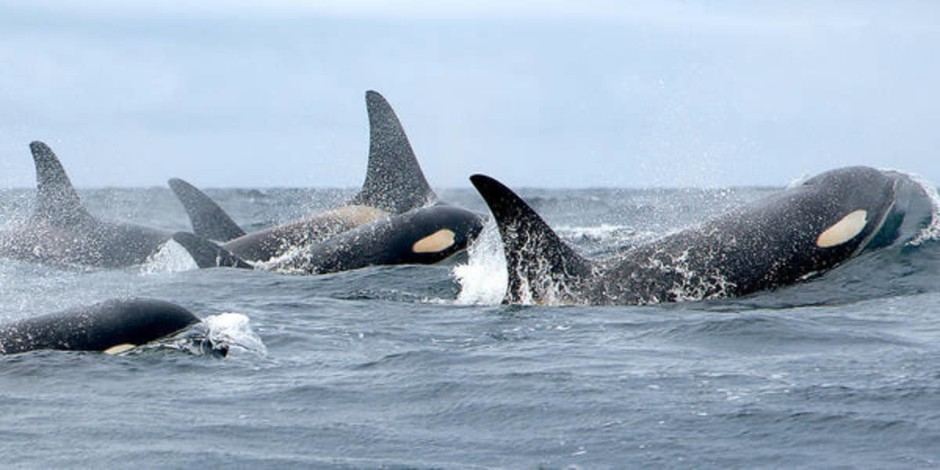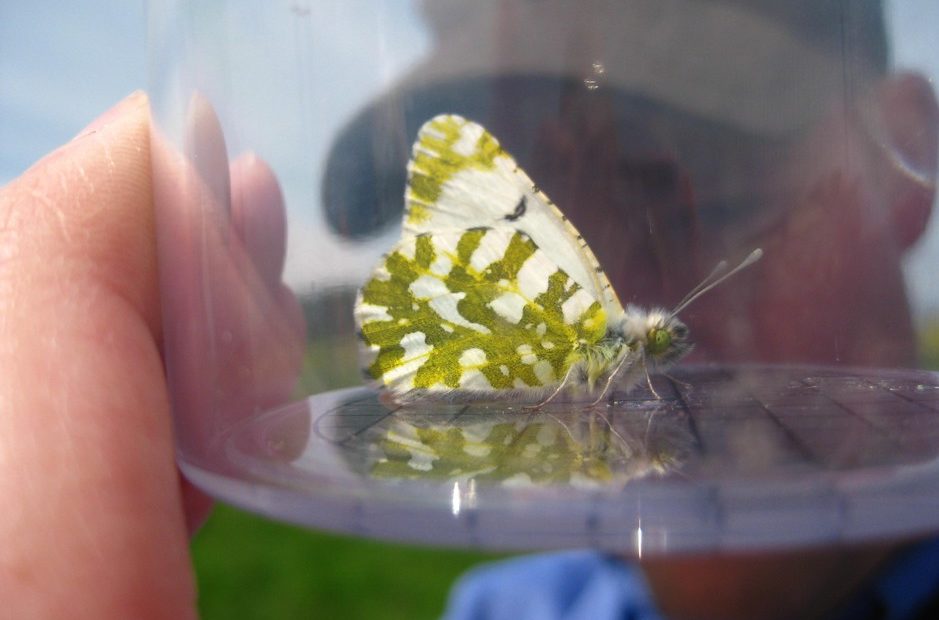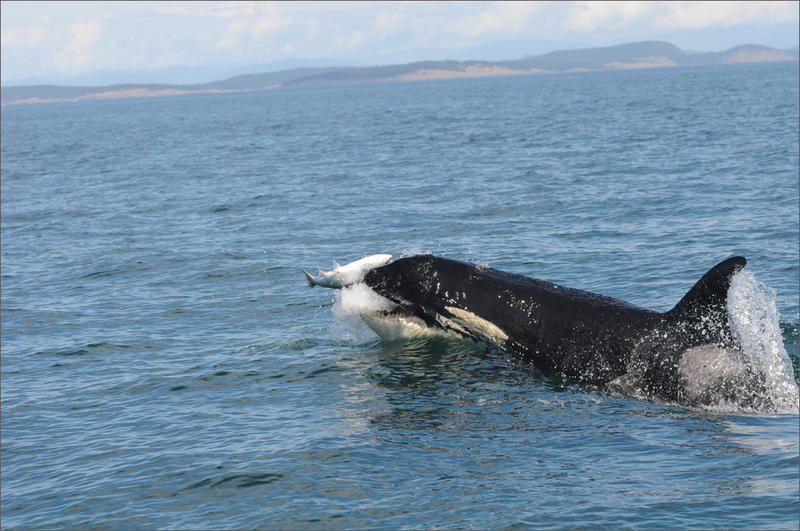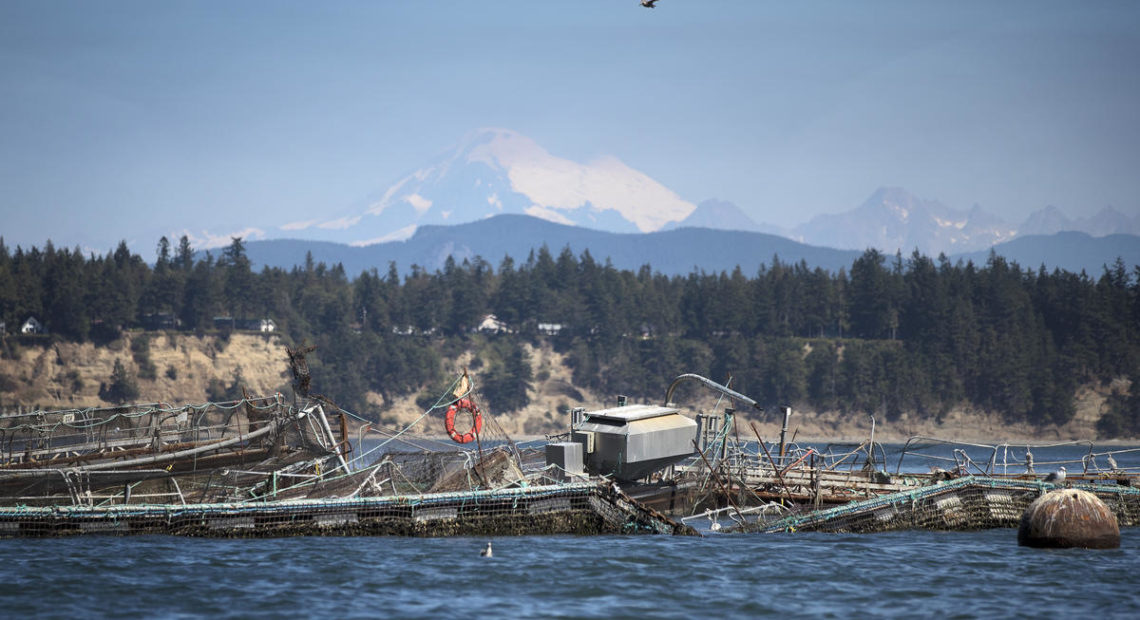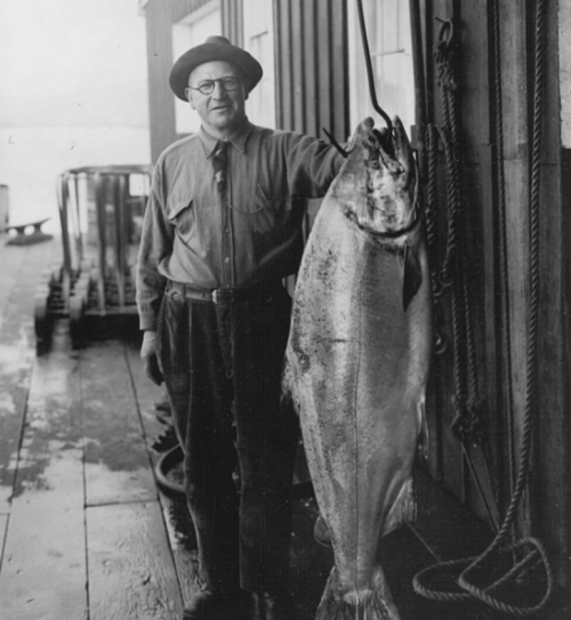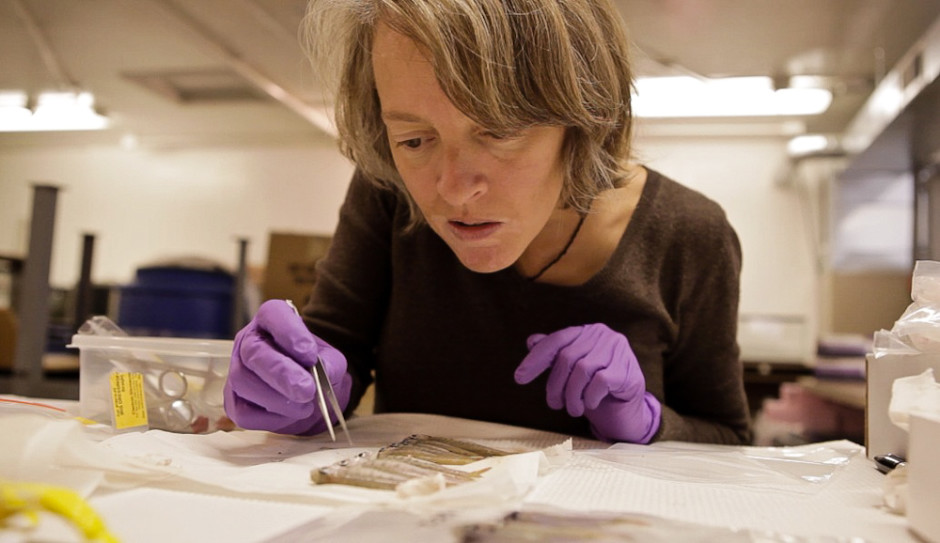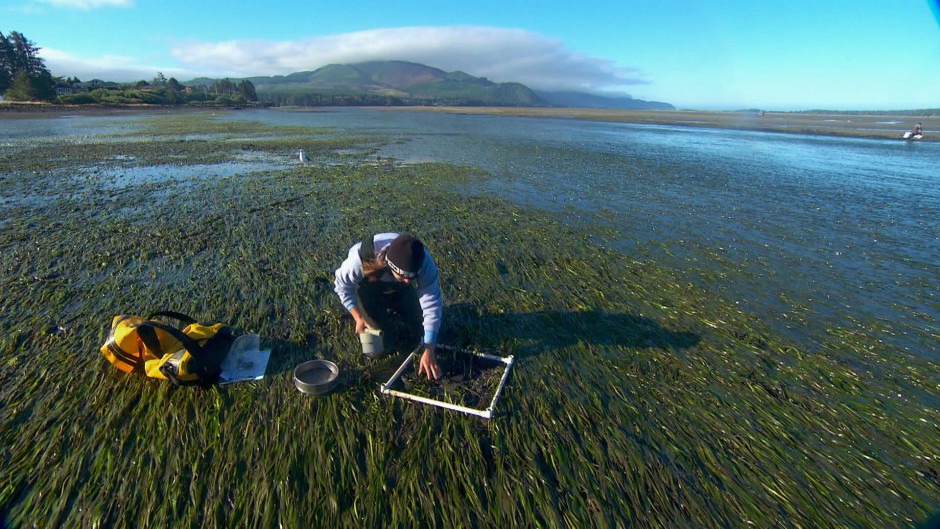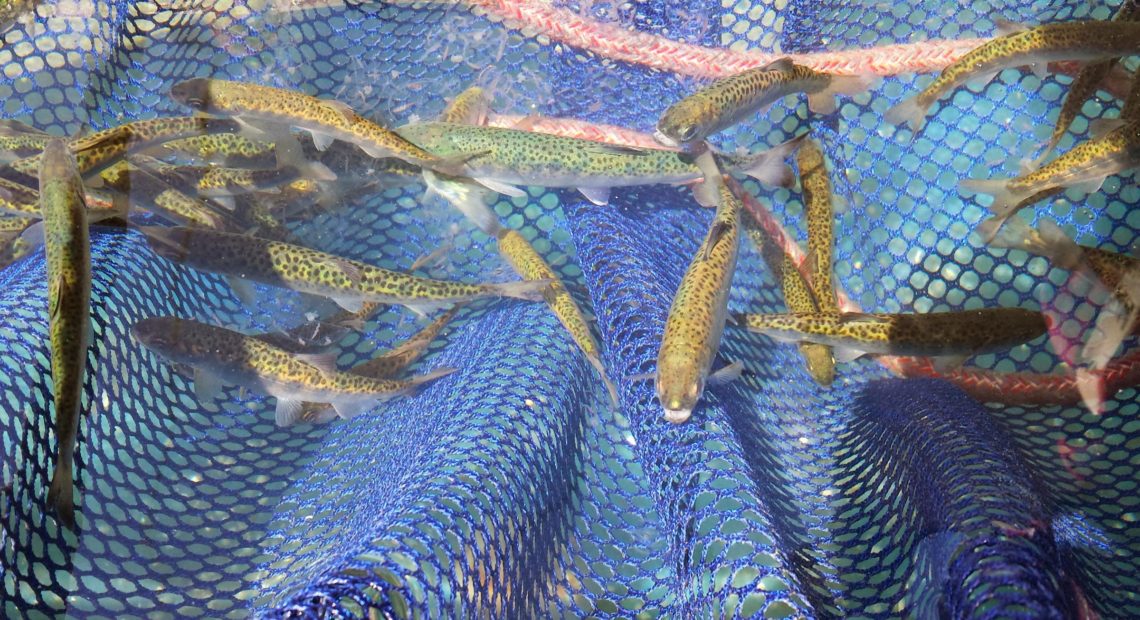It used to be the case that people who harvest shellfish could breathe a sigh of relief in late autumn. Spring, summer and even early fall have long presented the right conditions for harmful algae to grow and produce biotoxins in waters along the Washington state coast and into Puget Sound.
But in recent years, recreational and commercial harvesters, state agencies and Read More
John Mangan ran I-91, KVTI for nearly 30 years. (Credit: Kevin Mangan) Listen (Runtime 4:01) Read In the spring, the South Sound lost an airwaves icon. John Mangan ran the […]Read More
After about five years in the works, the Pierce County Council adopted a new Comprehensive Flood Hazard Management Plan that broadens the scope of what kinds of flooding the county will plan for – from coastal to urban flooding.
Angela Angove is the floodplain and watershed services manager with Pierce County Planning and Public Works. She said different types of Read More
The golden paintbrush, a bright yellow flower found in Oregon and Washington, no longer needs federal protections. ( Courtesy of the U.S. Fish and Wildlife Service) Listen (Runtime 0:57) Read […]Read More
Prospective kelp growers who want to join the handful of existing commercial seaweed farms in the Pacific Northwest are having to contend with a lengthy permitting process. It's gotten contentious in a few cases, but even so, at least a couple of new seaweed farms stand on the cusp of approval. Their harvests could be sold for human food, animal feed or fertilizer.Read More
The majority of captains of big commercial ships entering and leaving Puget Sound are cooperating with a request to slow down temporarily to reduce underwater noise impacts to the Pacific Northwest's critically endangered killer whales. The duration of the experimental slowdown – modeled on a similar project in British Columbia – will be extended into the new year, Read More
Fortunately, it doesn't happen very often in the Pacific Northwest that ships collide with whales. But when it does, it's upsetting, tragic and the whale probably dies. Three separate teams have developed smartphone-based systems that can alert commercial mariners to watch out, slow down or change course when whales have been sighted nearby. A recent ride-along on a big Read More
There's a rising tide of interest in opening seaweed farms in the Pacific Northwest. If even half of the current applicants succeed, it would more than double the small number of commercial seaweed growing operations in Oregon and Washington state.Read More
Speed boats, tugboats, cruise ships and any other watercraft operating in Puget Sound will soon have to comply with a new federal No Discharge Zone.Read More
If you take a beach walk in springtime around Whidbey or Camano Island, north of Seattle, there's a good chance you could spot a 40-foot-long gray whale, feeding in the shallows just offshore. Or you might just see a fin or part of one's tail bobbing along the waterline.Read More
According to the rules approved by the commission last week, from July through September, commercial whale watching companies can view endangered Southern Resident orcas during two, two-hour periods daily, The Skagit Valley Herald reported.Read More
The coronavirus pandemic has served to remind many of us how much we count on strangers staying healthy so we can restock our cupboards and go about daily life. That's especially true for Alaskans who depend on a marine cargo lifeline from the Pacific Northwest for the majority of their goods.Read More
Summer officially begins on Saturday, but it still feels like winter if you study the sailing schedule of Washington State Ferries. With ridership depressed by the ongoing pandemic, the nation's biggest ferry system is sticking to a reduced schedule through what would normally be its busiest season.Read More
American and Canadian marine scientists -- and one talented dog -- are seizing an unexpected opportunity presented by the coronavirus pandemic. They are trying to establish whether Pacifc Northwest whales benefit from the current drop in boat traffic and underwater noise.Read More
One of the habitat designations is specifically for Southern Resident Killer Whales, which spend about half the year in the Salish Sea north of Seattle. They feed on salmon. There are fewer than 80 of these orcas remaining. Read More
As many travelers can attest, phenomenal growth at Sea-Tac Airport is pushing against the physical limits of the terminal and airfield. That is why Washington state legislators earlier this year voted to create a siting commission to get the ball rolling on building a new primary airport.Read More
Humpback whales are resurfacing in big numbers in the Salish Sea, the Columbia River mouth and the Northwest coast. Along with excitement over the humpbacks' return comes concern about ship strikes and entanglement in fishing gear.Read More
The question of whether boat-based watching tours are really harmless has become more urgent in Washington state, where Southern Resident killer whales have been declining since the 1990s.Read More
A launch, a thud, a trail of blood. NOAA believes it was a juvenile humpback whale that a Bainbridge Island-bound ferry hit in Elliot Bay a few minutes after its 8:15 p.m. departure Tuesday night.Read More
The state legislature is considering a bill that aims to help southern resident killer whales by protecting shoreline salmon habitat. But soon it might be more difficult to build a seawall on Puget Sound.Read More
On Friday, Canadian regulators endorsed the long-fought oil pipeline, which would bring more oil vessels through Washington state waters. The Canadian government proposal would lengthen the Trans Mountain Pipeline, which would allow the country to ship more oil overseas and bring in higher prices. Now, Prime Minister Justin Trudeau is widely expected to approve it.Read More
Researchers say there's a new calf among the population of critically endangered killer whales that live in the waters between Washington and Canada.Read More
A southern resident orca appears to be emaciated, suffering from the disfiguring condition called “peanut head.” Whale researchers encountered the southern resident orcas' J-pod on New Year's Eve as they swam in Haro Strait.Read More
Tribal leaders and members from Washington state crossed the Salish Sea to oppose a pipeline that could bring more oil tankers to waters on both sides of U.S.-Canada border. The Canadian government wants to expand the Trans Mountain Pipeline and triple the flow of oil from Alberta to the Pacific coast.Read More
Last year, researchers reported finding 35 kinds of multi-drug-resistant bacteria in the exhaled breaths of killer whales off the San Juan Islands. Sewage treatment plants are usually effective at getting rid of bacteria — that’s their main purpose — but they fail to screen antibiotics and other pharmaceuticals from reaching otters or other aquatic organisms.Read More
The lean profile of the whale known as K25 is yet another sign of trouble for the region’s endangered orcas. Since last November, three members of the long-endangered population have died, most recently an emaciated young female known as J50.Read More
Veterinarians are again trying to help the emaciated young orca named J-50, after a dramatic turn of events over Labor Day weekend.Read More
There’s an old saying that a boat is simply a hole in the water into which you dump your cash. They can be cheap to buy, but are expensive to maintain, insure, berth, repair and operate. They age, they weather, they often sink. When they do, they create another kind of money hole. The solution? Recycling.Read More
The latest on a plane stolen from Sea-Tac International Airport Friday, Aug. 10. Officials say the plane was empty except for the man who stole it, and it had crash landed on the small Ketron Island in south Puget Sound.Read More
Washington Gov. Jay Inslee's orca task force met in Wenatchee this week to come up with a long-term plan to help the recovery of the orca population that spends much of its time in or around the Puget Sound.Read More
An emaciated orca from the Pacific Northwest’s critically-endangered resident killer whale population could get a pole injection of medicine under the latest preferred option of an emergency response team. Officials with the lead federal agency, the National Oceanic and Atmospheric Administration, described the changing situation Monday morning.Read More
An emaciated, four-year-old Puget Sound orca is drawing alarm. Whale scientists and the federal agency NOAA are weighing what it means to provide food and medicine to this endangered orca. The declining health of the orca has become apparent as it swims and feeds in the border waters between Washington and British Columbia.Read More
Scientists say a starfish populations are recovering from a devastating die-off with help from a massive baby boom.Read More
The government of Canadian Prime Minister Justin Trudeau has announced that it is buying the pipeline from Texas-based Kinder Morgan. The pipeline, built in 1953, currently carries 300,000 barrels of heavy tar sands oil daily from Alberta to British Columbia and refineries in Washington state.Read More
They threw noisemakers into the water to drive pods of orcas into the narrow cove, then blocked the way out and pulled the baby whales out of the water. Nearly 50 orcas from the Salish Sea’s population were captured this way. Today, only one of those whales is still alive.Read More
Researchers at Oregon State University have worked out a way to detect and identify whales long after they move on — just by sampling the water.Read More
There’s only one place you can find one of North America’s rarest butterflies: on a small patch of an island in Washington’s Puget Sound. And it’s in trouble. That’s why the federal government wants to add the island marble butterfly to the endangered species list.Read More
The Northwest’s beloved orcas will not survive unless humans do more to ensure adequate food and cleaner, quieter waters. That was one of the messages at a crowded signing ceremony in Seattle convened by Washington Gov. Jay Inslee. The population of genetically-distinct resident orcas has dwindled to a critically low level. Only 76 remain as of the last count.Read More
The Washington Legislature has approved a phase out of Atlantic salmon farming in state waters and sent the measure to the desk of Gov. Jay Inslee, who is expected to sign it.Read More
While the orcas of Puget Sound are sliding toward extinction, orcas farther north have been expanding their numbers. Their burgeoning hunger for big fish may be causing the killer whales’ main prey, chinook salmon, to shrink up and down the West Coast.Read More
Each time it rained during an eight-week period in the winter of 2015, someone from Jenifer McIntyre’s team drove up to Seattle and collected stormwater near the Highway 520 bridge across Lake Washington.Read More
The oceans off Oregon and Washington are ground zero for acidification, and Northwest scientists are working on new ways to adapt.Read More
Sixty different entities in a salmon recovery project have been collaborating for nearly a decade, trying to solve the mystery of why so many of the juvenile fish die after they swim out to the ocean. Can artificial intelligence help?Read More

